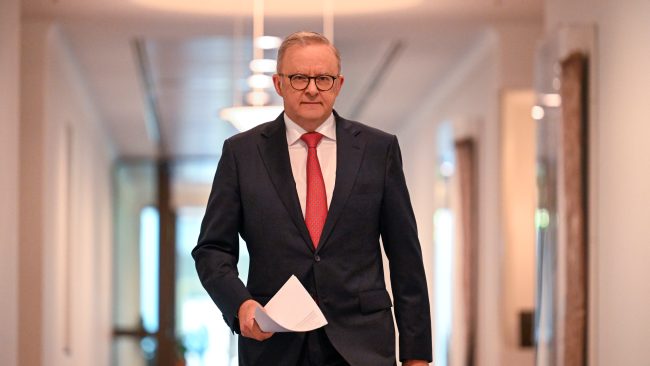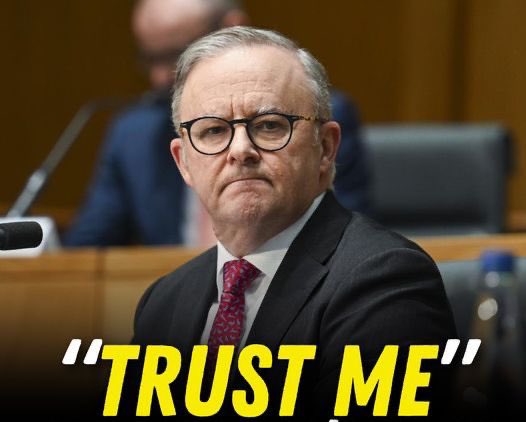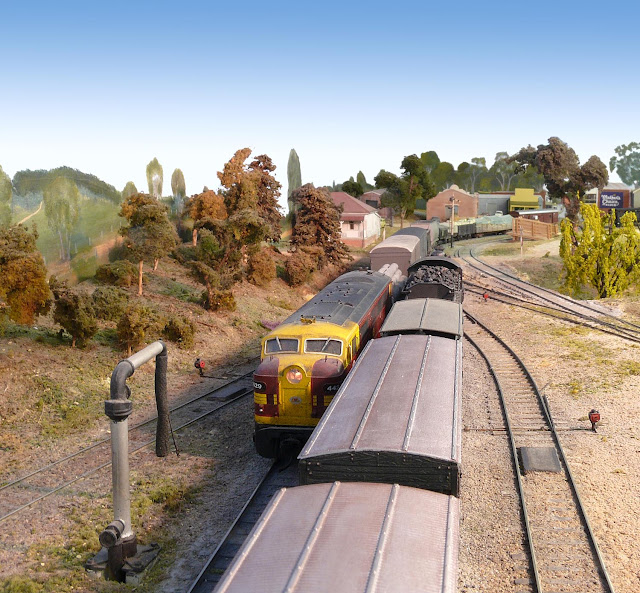Prime Minister Anthony Albanese has maintained his government is “heading in the right direction” despite rapidly plummeting polls and increasingly frustrated voters.
Recent polling has shown growing discontent with the Albanese government’s handling of the economy and social cohesion, but the Prime Minister said he remained “focused on delivering”.
In an exclusive sit-down interview with Political Editor Andrew Clennell on Sunday Agenda, Mr Albanese pitched to voters that he had an “agenda to build on” if he was given a second term to run the country.
“I lead a government that’s focussed, that’s orderly, that has seen Australia through some very difficult economic times,” Mr Albanese said.

CANBERRA, AUSTRALIA – NewsWire Photos – January 16, 2025: Prime Minister Anthony Albanese holds a press conference at Parliament House in Canberra. Picture: NewsWire / Martin Ollman
Many Australians have a negative view of the economy under the Albanese government despite Labor’s tax cuts.
A new poll by Resolve Strategic showed half of Australians think inflation will get worse this year, and 46 per cent think their real wages will decline.
“We understand that people have been doing it tough, but what we’ve done is act on that,” Mr Albanese said in response.
“We’ve taken substantial measures to ensure inflation now has a two in front of it. We produced two budget surpluses to assist with that.”
While the Albanese government delivered the first back-to-back surplus in more than a decade, the budget was not expected to return to a surplus position for more than a decade.
The 2025-26 financial year budget is expected to blow out by several billion dollars from $42.8 billion to $46.9 billion.
As Australians face higher power bills and a surge in inflation, the government’s promises appear at odds with the realities many are experiencing.
One of the most glaring issues has been energy prices, which Mr Albanese has struggled to address directly.
When asked whether his pre-election promise to cut power bills by $275 was still achievable, he blamed the Russia-Ukraine War.
“It was as a direct result of the Russian invasion of Ukraine that led to a spike in price,” Mr Albanese said.
Pressed on whether he did not see it as a broken promise because of global factors, he said, “What I see is that as a direct result of what we are doing, we are ensuring that there is that private sector investment in the cheapest form of energy”.
“We are ensuring that there is that private sector investment in the cheapest form of energy, as opposed to our opponents who want to invest in the most expensive form of new energy: nuclear.”
“What we’re doing is working on increasing new energy, new renewables, backed up importantly by batteries and by gas in order to secure that future.”

Despite his assurances, frustration among voters has been palpable.



